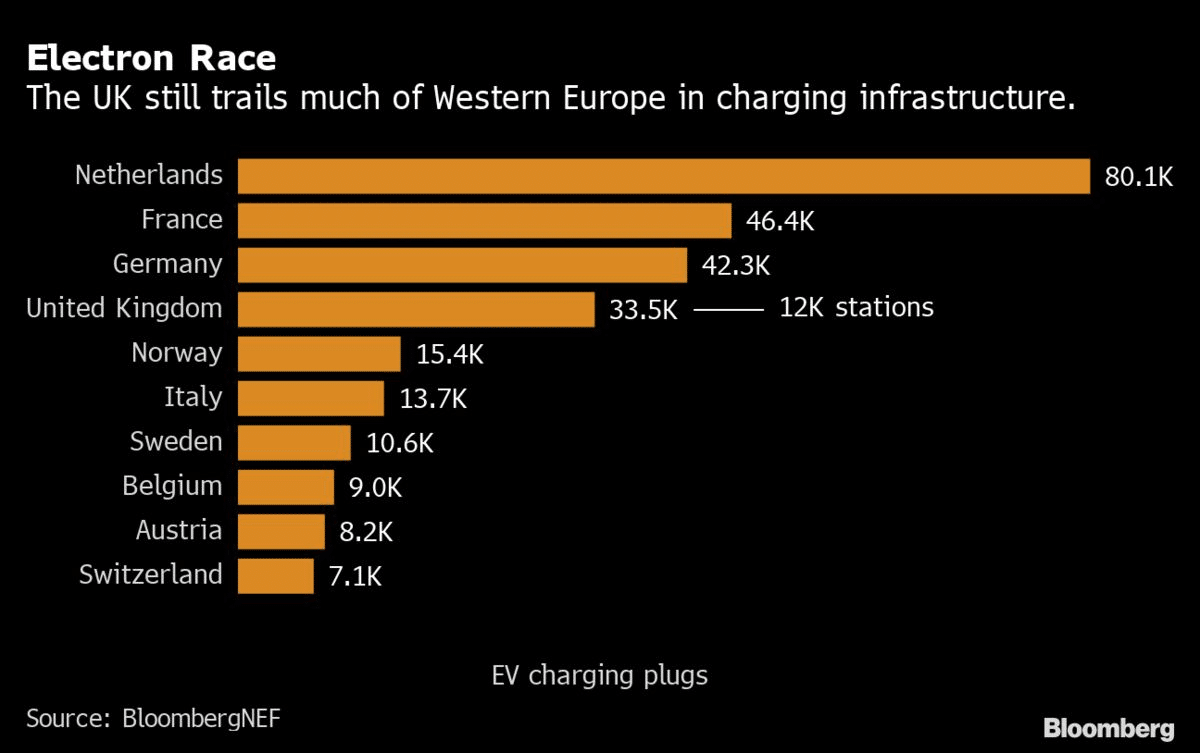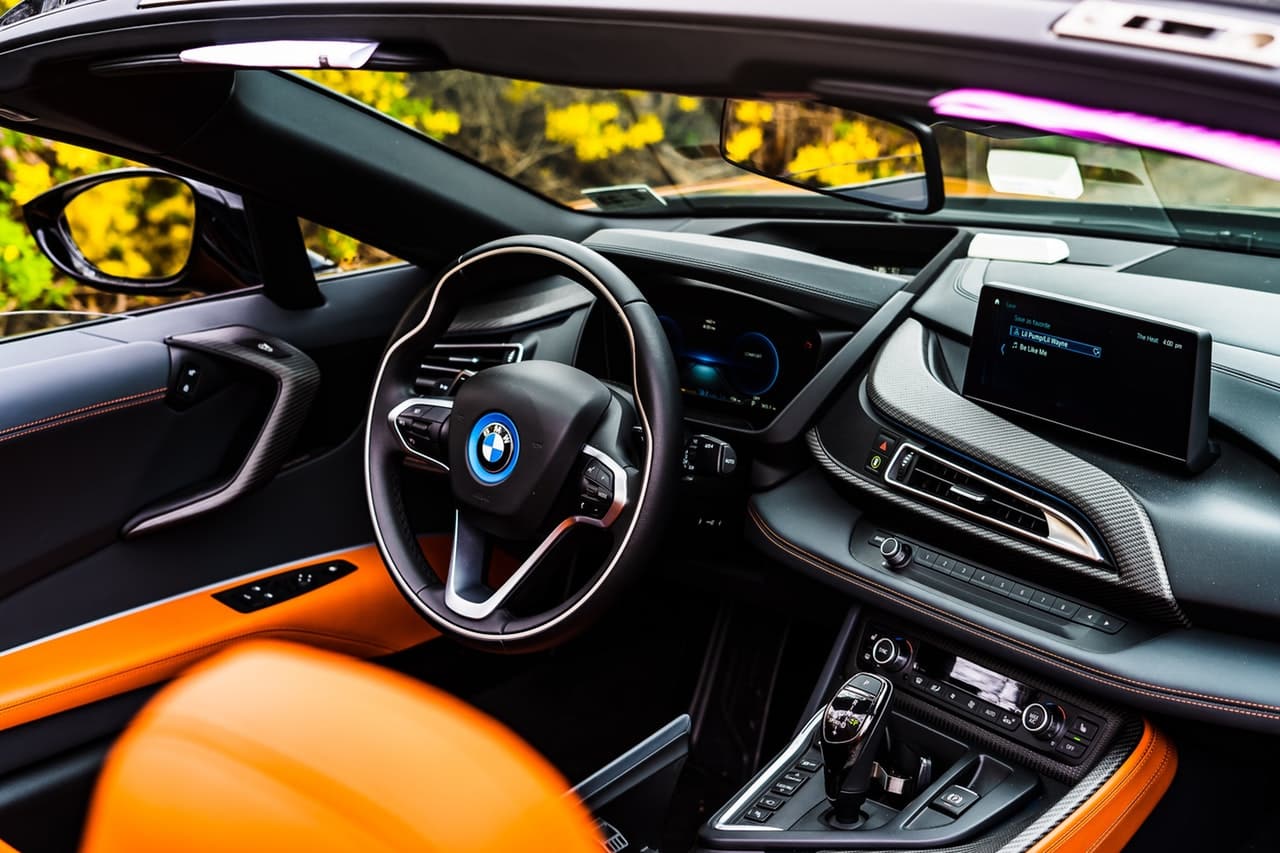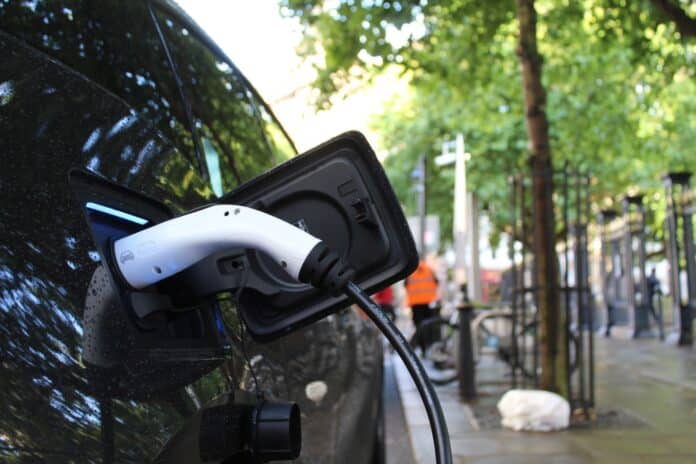Following its pledge to sell only electric cars by 2030, the UK looks set to become a hub for innovation in terms of sustainable transport. But with a slow rollout of charging stations and cost issues on the horizon, is the United Kingdom ready to embrace electric vehicles?
2021 has begun with a flurry of positive news for UK industry surrounding the development of electric vehicles. Israeli electric vehicle developer, REE Automotive recently announced that it plans to create 200 new jobs in a midlands headquarters to develop the company’s revolutionary new flat vehicle chassis.
Meanwhile, Ford has confirmed that it will only be selling electric vehicles in the UK and Europe by 2030 – a move that reaffirms the nation’s commitment to phasing out petrol and diesel motor sales by the end of the decade. Domestic luxury manufacturer, Jaguar, however, has gone one step further and pledged to go all-electric by 2025.
The ramping up of the United Kingdom’s involvement in the fledgling electric vehicle industry looks set to secure new jobs around the country while ensuring that the country is ahead of the technological curve in meeting its climate change targets.
However, despite the creation of jobs domestically and the commitments of manufacturers to deliver electric-only vehicles, will the UK really have the right infrastructure ready to welcome in this new era of motoring by 2030?
The Race For Infrastructure
Despite showing ambition in pledging to phase out the sale of petrol and diesel cars by 2030, the UK is still trailing in terms of building an electric vehicle charging infrastructure.

(Image: Bloomberg)
The chart above shows that the United Kingdom still trails European nations like the Netherlands, France, and Germany in terms of distributing charging stations, with around 34,000 EV charging plugs installed to date.
According to Nicholas Lyes, head of roads policy at The RAC, the lack of charging points may hinder the adoption of electric cars across the UK.
“Some of these problems will disappear as the average range of electric vehicles increases,” Lyes told the BBC. “But it’s vital that the government continues to invest in developing a fast, reliable, and widely available network of chargers that support electric vehicle owners no matter what their circumstances or travel plans.”
Despite the rollout of charging stations being slower across the country, technology is developing at such a pace that it may be advantageous to wait for the development of faster charging points.
Recently, Israeli company StoreDot manufactured its first electric vehicle battery that was capable of recharging in just five minutes – making the act of charging up cars as quick as filling up at a petrol station.
For the battery to recharge in five minutes, charging stations will need to utilise technology that isn’t currently available. If the UK is capable of securing and distributing charging stations at a rapid rate, the slow early uptake could be justified. However, with companies like Jaguar aiming to go petrol-free by 2025, faster accommodation will be necessary to keep up with demand.
Concerns Over Cost
Although electric cars are still new to the marketplace and thus more scarce, the costs of new models typically range from a relatively reasonable £15,000, with the price likely to drop further as the technology becomes more commonplace.
One of the main concerns that motorists have is accessing the power needed to charge their motors up regularly. While there are incentives in place to install charging points at home, drivers need to trust that they’re on energy tariffs that offer reasonable rates when it comes to powering their cars overnight.
Other existing charging points, like PodPoint rapid chargers at Tesco locations around the country typically charge around £6 or £7 for 30 minutes of charging – equating to around 100 miles of mileage.
In a bid to help the UK reach its electric vehicle commitments, government grants are available of up to £3,000 for low-emission electric vehicles, while drivers can also take a £350 grant to set up a home charging station.

(Image: Carplus)
As we move closer to the 2030 cut-off date for the sale of petrol and diesel cars, it’s reasonable to expect further incentives to help the public to afford to make the transition to electric vehicles. Future car finance schemes will likely accommodate these incentives too so that car finance bad credit UK drivers could still access vehicles at generous rates.
While there’s still a long way to go for the UK to declare itself truly ready to embrace electric vehicles, the arrival of new jobs in the industry alongside the ambition shown by manufacturers like Jaguar shows that the hunger is there to really make the country a hub for sustainable innovation.
Through the adoption of electric vehicles, the United Kingdom may show, one charging point at a time, that it can still be a global leader in innovation.
PLEASE SUPPORT US FOR JUST £2 A MONTH







